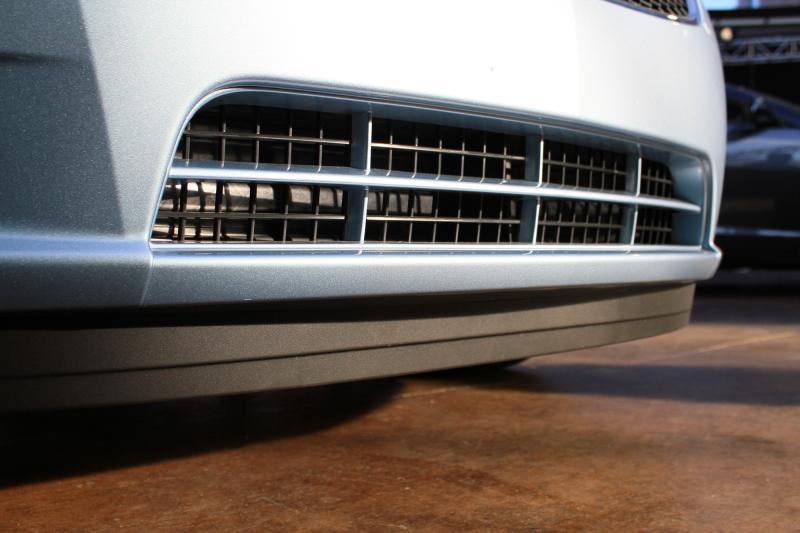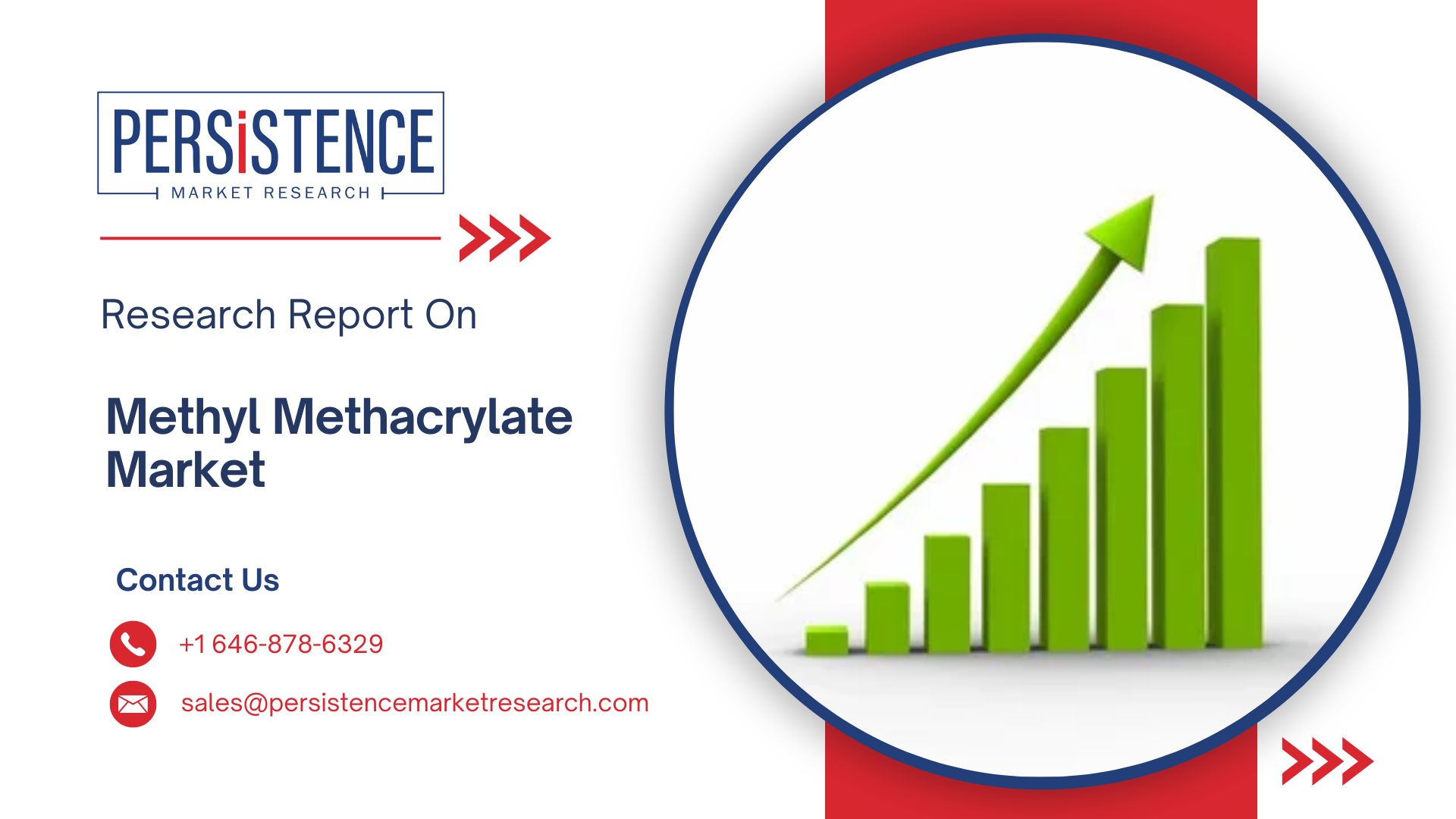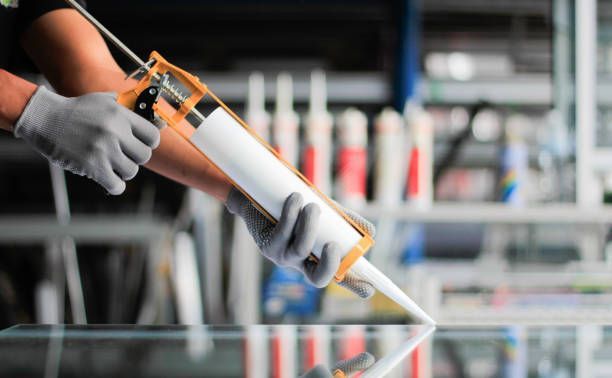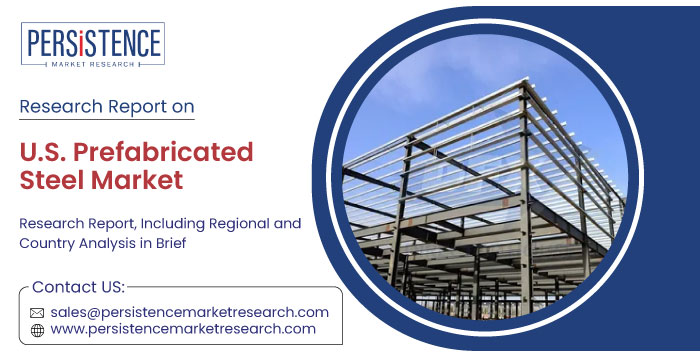Can High Temperature Coatings Prevent Corrosion? Find Out

High temperature coatings are widely used to protect metals in various industrial applications where extreme temperatures are a constant factor. Whether you're dealing with the automotive industry, aerospace, petrochemical processes, or industrial manufacturing, these coatings are essential for enhancing the performance and lifespan of components subjected to heat. But one of the most common questions surrounding high temperature coatings is whether they can effectively prevent corrosion. In this article, we will explore the role of high temperature coatings in preventing corrosion, the mechanisms behind their protective qualities, and why they are crucial for industries operating in harsh environments.
The global high temperature coatings market is projected to grow from USD 3.12 billion in 2025 to USD 4.13 billion by 2032, registering a compound annual growth rate (CAGR) of 4.1% during this period. This growth is driven by increasing demand across sectors such as metal processing, automotive, aerospace, petrochemical, and industrial machinery, according to a Persistence Market Research report. As industries continue to demand more efficient and long-lasting materials, understanding how high temperature coatings can combat corrosion becomes increasingly important.
What Are High Temperature Coatings?
High temperature coatings are specially designed materials applied to metal surfaces to protect them from the damaging effects of heat, oxidation, and corrosion. These coatings form a protective barrier between the metal surface and the harsh environment, which may include high temperatures, chemicals, moisture, and mechanical wear.
Key Features of High Temperature Coatings:
• Heat Resistance: High temperature coatings can withstand temperatures that would typically cause metals to deteriorate or lose their integrity.
• Thermal Insulation: Some coatings reduce the amount of heat transferred to metal surfaces, improving energy efficiency.
• Corrosion Resistance: High temperature coatings are effective at preventing corrosion caused by high temperatures and aggressive environments.
• Durability: These coatings are designed to last and can extend the lifespan of the underlying metal components.
There are various types of high temperature coatings, including ceramic, silicone-based, and metallic coatings, each with unique properties suited for different applications.
Understanding Corrosion and How It Affects Metals
Before diving into how high temperature coatings can prevent corrosion, it is important to understand what corrosion is and how it affects metals. Corrosion is the degradation of materials, usually metals, due to chemical reactions with their environment. For metals exposed to high temperatures, the most common forms of corrosion include:
• Oxidation: A chemical reaction between metal and oxygen, which forms rust or oxide layers that weaken the metal over time.
• Galvanic Corrosion: Occurs when two different metals come into contact in the presence of an electrolyte, leading to the corrosion of one of the metals.
• Pitting Corrosion: Localized corrosion that leads to the formation of small pits on the metal surface, often exacerbated by high temperatures and aggressive chemicals.
• Crevice Corrosion: Occurs in confined spaces where moisture can accumulate, causing the metal to corrode.
Why Does High Temperature Lead to Corrosion?
At high temperatures, metals are more susceptible to corrosion due to the acceleration of chemical reactions. Heat can break down protective oxide layers that naturally form on some metals, making the metal more prone to further oxidation. In addition, elevated temperatures can increase the rate of reactions with moisture, chemicals, and other environmental factors, leading to more rapid deterioration of the metal.
How High Temperature Coatings Prevent Corrosion
High temperature coatings provide a solution to the corrosion problem by creating a protective barrier that shields the metal from the damaging effects of heat and environmental exposure. Below are some of the key mechanisms through which high temperature coatings prevent corrosion:
1. Formation of Protective Layers
Many high temperature coatings, such as ceramic or metallic coatings, form a thick, protective layer on the surface of metals. This layer acts as a physical barrier, preventing oxygen, moisture, and corrosive chemicals from coming into direct contact with the underlying metal. For example, ceramic coatings create a durable, heat-resistant layer that protects metals from oxidation and corrosion, especially in high-temperature environments.
2. Heat Resistance and Stability
High temperature coatings are specifically designed to resist heat, often up to thousands of degrees Fahrenheit. By maintaining their integrity even under extreme conditions, these coatings ensure that the metal underneath remains protected from heat-induced corrosion. For instance, coatings that are made from materials like aluminum or chromium provide excellent thermal stability, ensuring that metals are shielded from the destructive effects of excessive heat.
3. Oxidation Resistance
High temperature coatings, especially those that contain materials like aluminum or zinc, can provide excellent oxidation resistance. These coatings prevent the formation of rust or other oxidation products by reacting with oxygen to form stable compounds that do not degrade the metal underneath. As a result, the metal remains protected from the corrosive effects of oxygen and heat, preventing rust and other forms of degradation.
4. Chemical Resistance
In industrial environments, metals are often exposed to corrosive chemicals that can accelerate the degradation process. High temperature coatings can be formulated to resist these chemicals, providing an additional layer of protection against chemical corrosion. These coatings are designed to withstand the impact of harsh chemicals, moisture, and other reactive substances, ensuring the longevity of metal components.
5. Thermal Cycling Protection
Thermal cycling, the repeated expansion and contraction of materials due to temperature fluctuations, can cause metals to crack and degrade. High temperature coatings are designed to withstand thermal cycling, preventing cracks and the formation of corrosion-prone sites. This ability to resist thermal fatigue helps maintain the structural integrity of the metal, even when subjected to extreme temperature fluctuations.
Benefits of Using High Temperature Coatings to Prevent Corrosion
The application of high temperature coatings provides numerous benefits for industries that rely on metal components exposed to high temperatures. Below are some of the key advantages of using these coatings to prevent corrosion:
1. Extended Equipment Life
By preventing corrosion, high temperature coatings extend the life of metal components, reducing the need for frequent repairs or replacements. This results in lower operational costs and improved overall efficiency.
2. Reduced Maintenance Costs
The durability of high temperature coatings means that maintenance is required less frequently. With corrosion prevented, equipment operates more efficiently for longer periods, reducing the frequency of maintenance checks and the associated costs.
3. Improved Safety
Corroded metal components can pose significant safety risks in industrial environments. By preventing corrosion, high temperature coatings help maintain the structural integrity of equipment, reducing the likelihood of failures that could result in accidents or downtime.
4. Increased Efficiency
High temperature coatings can improve the energy efficiency of industrial equipment. By reducing heat loss and minimizing the need for frequent repairs, these coatings contribute to more efficient operation, ultimately leading to cost savings and improved productivity.
5. Environmentally Friendly
Many high temperature coatings are formulated to be environmentally friendly, using non-toxic and sustainable materials. This is particularly important in industries that are subject to environmental regulations or that seek to minimize their ecological impact.
Industries That Benefit from High Temperature Coatings
High temperature coatings are essential for a variety of industries where metal components are exposed to extreme temperatures and harsh environments. Some of the key sectors that benefit from these coatings include:
1. Aerospace
Aerospace components, such as turbine blades, exhaust systems, and engine parts, operate in extremely high-temperature environments. High temperature coatings are critical for protecting these parts from oxidation and wear, ensuring that they perform reliably throughout their lifecycle.
2. Automotive
In the automotive industry, parts like exhaust systems, catalytic converters, and engine components are exposed to high heat. High temperature coatings prevent corrosion, improve fuel efficiency, and extend the lifespan of these critical components.
3. Petrochemical and Chemical Processing
In petrochemical plants and chemical processing industries, metals are exposed to both high temperatures and corrosive chemicals. High temperature coatings help protect equipment such as reactors, pipes, and heat exchangers from corrosion and degradation, ensuring smooth and safe operation.
4. Power Generation
Power plants rely on turbines, boilers, and other high-temperature equipment to generate energy. High temperature coatings prevent corrosion, reduce downtime, and improve the efficiency of power generation systems.
5. Industrial Manufacturing
Industrial machinery, including furnaces, kilns, and other heavy equipment, often operates at high temperatures. High temperature coatings protect these machines from wear and corrosion, ensuring that they continue to perform efficiently in challenging environments.
How to Choose the Right High Temperature Coating
Choosing the right high temperature coating depends on several factors, including the operating conditions and the type of metal being protected. Here are some considerations to help you select the appropriate coating for your application:
1. Temperature Range
Ensure that the coating can withstand the maximum temperature your equipment will experience. Different coatings have different temperature tolerances, so it is important to choose one that suits your needs.
2. Environmental Exposure
Consider the specific conditions your equipment will face, including exposure to moisture, chemicals, and other corrosive elements. Some coatings are more resistant to certain chemicals, while others may be better suited for high humidity or wet environments.
3. Application Method
Some high temperature coatings are easier to apply than others. Depending on your application, choose a coating that can be applied efficiently, whether through spraying, dipping, or electroplating.
4. Durability
Choose a coating that provides long-lasting protection, especially for components that experience high wear or mechanical stress.
Conclusion
High temperature coatings play a critical role in preventing corrosion and improving the lifespan of metal components exposed to extreme heat. By creating protective barriers against oxidation, chemical reactions, and wear, these coatings provide valuable benefits across a range of industries, from aerospace to petrochemical processing. As industries continue to face increasingly harsh environments, the demand for high temperature coatings will only grow, making them an indispensable tool for maintaining equipment performance and reducing operational costs.
For further insights into how technology is shaping various industries, including asset finance, check out these related articles:
• Top Players Dominating the Asset Finance Software Market
• How AI is Shaping Asset Finance
• What’s Driving Growth in the Asset Finance Software Market
• How to Maximize ROI with Asset Finance Software
By selecting the right high temperature coatings, industries can significantly enhance the performance, safety, and cost-effectiveness of their equipment.
Note: IndiBlogHub features both user-submitted and editorial content. We do not verify third-party contributions. Read our Disclaimer and Privacy Policyfor details.







